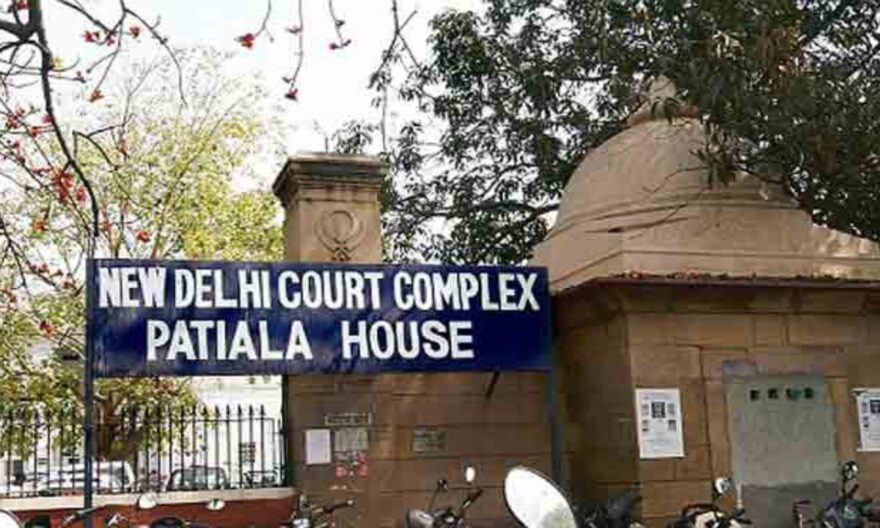
Delhi’s Patiala House Court on Thursday remanded in judicial custody Sahul Hameed, who was arrested by the Enforcement Directorate (ED) from Madurai in connection with the money laundering probe against the banned organization Popular Front of India (PFI).
Vacation Judge Chhavi Kapoor sent Sahul Hameed to judicial custody till July 6. The accused was produced before the court after the ED’s three-day custody ended.
Special Public Prosecutor (SPP) for ED Naveen Kumar Matta appeared for ED and said that the investigation is going on, the accused may be sent to judicial custody.
The facts of the case revolve around obtaining excess money by flouting the law. The ED alleged that the accused was operating from Singapore and was involved in illegal activities of the organisation.
While seeking extension of remand on June 19, it was also submitted that the mobile phone of the accused has relevant details which need to be confronted during the course of investigation.
According to the Enforcement Directorate, the accused was earlier in the process of collecting illegal money/terrorist funds through legitimate and illegitimate means from Singapore and other places. He said that he has been deported to India. On receipt of inputs, he was taken aback and could not provide details of certain activities undertaken towards collecting funds for PFI.
The ED’s lawyers had informed the court that the statement of the accused was also recorded under Section 50 of the Prevention of Money Laundering Act, in which he refrained from answering certain important aspects gathered during the investigation. That’s why ED arrested the accused.
Earlier, the accused was sent on ED remand for ten days, which was extended by one day on Sunday. The accused was produced in the court again on Monday.
Recently, a special court in Delhi took cognizance of the charge sheet (prosecution complaint) filed by the Enforcement Directorate against several office-bearers of the Popular Front of India (PFI).
The court had said that the money was used for illegal activities, to incite violence, which allegedly took place in North East Delhi in February 2020.
According to the ED, the accused persons have disclosed that they have played an active role in fraudulent cash donations on behalf of PFI and have played an active role in projecting and projecting unaccounted cash of PFI as unaccounted for, raised through unknown and dubious sources Is.
The ED had said that the PMLA probe has revealed that as part of a criminal conspiracy hatched by PFI functionaries over the past several years, suspicious funds have been raised and remitted surreptitiously from within the country and abroad by PFI and related entities. Is. India secretly deposited in its bank accounts for years.
Earlier in March, the Unlawful Activities (Prevention) Act (UAPA) tribunal had upheld the central government’s decision to ban the Popular Front of India and its affiliates.
The tribunal has rejected the allegations made by the organization that a particular community is being targeted by the government. The tribunal while pronouncing the verdict said that the members of PFI and its affiliates were involved in separatist activities which were against the social fabric of the country.
In September last year, the Ministry of Home Affairs had declared the Popular Front of India (PFI) and its affiliates as an ‘unlawful association’.
Therefore, the Ministry of Home Affairs considered it necessary to curb the nefarious activities of the organization and has therefore declared the Popular Front of India (PFI) along with its affiliates or affiliates or fronts including Rehab India Foundation (RIF), Campus Front of India. (CFI), All India Imams Council (AIIC), National Confederation of Human Rights Organizations (NCHRO), National Mahila Morcha, Junior Morcha, Empower India Foundation and Rehab Foundation, Kerala as an ‘unlawful association’ under provisions of unlawful activities has been recognized. (Prevention) Act, 1967.




